Few materials can rival the timeless charm and durability of stone when it comes to enhancing the aesthetic and functionality of your outdoor space. Whether you’re looking to create a stunning patio, an inviting pathway, or an eye-catching retaining wall, the choice between natural stone and stone veneer is an important one. Both options have their own distinct advantages and considerations, each catering to different preferences and project requirements. In this comprehensive guide, we’ll explore the intricacies of stone veneer and natural stone, exploring their characteristics, benefits, and drawbacks. By the end of this blog, you’ll be able to make an informed decision about which option best suits your outdoor design aspirations.
The Appeal of Stone Veneer
Stone veneer, also known as faux stone or manufactured stone, has been gaining popularity for its versatility and cost-effectiveness. This option is created by casting concrete into molds designed to replicate the appearance of natural stone. The resulting product captures the intricate textures, colors, and shapes of various stone types, providing an authentic look without the added weight and expense.
One major benefit of stone veneer is its lighter weight compared to natural stone. This makes installation easier and more flexible, as it doesn’t require the same structural considerations that natural stone might. It can be applied to a variety of surfaces, including wood, drywall, and concrete, opening up creative possibilities for both new projects and renovations.
In terms of cost, stone veneer is generally more budget-friendly than natural stone. The production process is more efficient, and the reduced weight translates to lower shipping costs. A reduction in cost can be a significant advantage for homeowners and contractors looking to achieve a high-end look without breaking the bank.
Furthermore, stone veneer offers excellent consistency in color and shape. This predictability can be advantageous for achieving a uniform appearance across your outdoor space. Additionally, since it is manufactured, stone veneer is less likely to harbor pests or organic growth, making it a low-maintenance option.
The Allure of Natural Stone
While stone veneer boasts practical advantages, natural stone remains a classic choice that exudes authenticity and a connection to nature. Quarried from the earth, natural stone offers a unique aesthetic that cannot be replicated by manufactured alternatives.
One of the standout features of natural stone is its durability. With proper care, it can withstand the elements and maintain its appearance for generations. Its inherent strength makes it an ideal choice for high-traffic areas, retaining walls, and outdoor structures that require a robust foundation.
The variations in color, texture, and pattern that come with natural stone add a layer of depth and character to your outdoor space. Each piece is one-of-a-kind, contributing to a genuinely distinct and organic look. The natural hues and earthy tones of stone can seamlessly blend with the surrounding environment, creating a harmonious atmosphere.
Factors to Consider
When deciding between stone veneer and natural stone for your outdoor project, several factors come into play:
- Budget: Stone veneer is often more affordable upfront, but natural stone’s durability can lead to long-term savings due to its minimal maintenance requirements and longevity.
- Aesthetics: Natural stone wins in terms of authenticity and uniqueness, while stone veneer offers consistency and versatility.
- Installation: Stone veneer is easier to install due to its lighter weight. Natural stone requires more specialized installation techniques.
- Maintenance: Natural stone is less likely to fade or discolor over time, and its durability means less frequent repairs. Stone veneer might require occasional touch-ups to maintain its appearance.
- Environmental Impact: Natural stone is sourced directly from the earth, while stone veneer production involves manufacturing processes. Consider the environmental implications of each option.
Wrapping Up
In the dynamic world of outdoor design, the choice between stone veneer and natural stone hinges on your preferences, budget, and the specific demands of your project. Stone veneer offers affordability, versatility, and ease of installation, while natural stone brings forth authenticity, durability, and an unparalleled connection to nature. As you embark on your outdoor space transformation, it is important to consider the your options, carefully weighing the pros and cons. Consider factors such as aesthetics, longevity, maintenance, and environmental impact. Regardless of your choice, both stone veneer and natural stone have the power to turn your outdoor area into a captivating retreat that harmonizes with your surroundings and adds lasting value to your property. Are you looking to start your outdoor living project? Contact Integrity Hardscapes today!

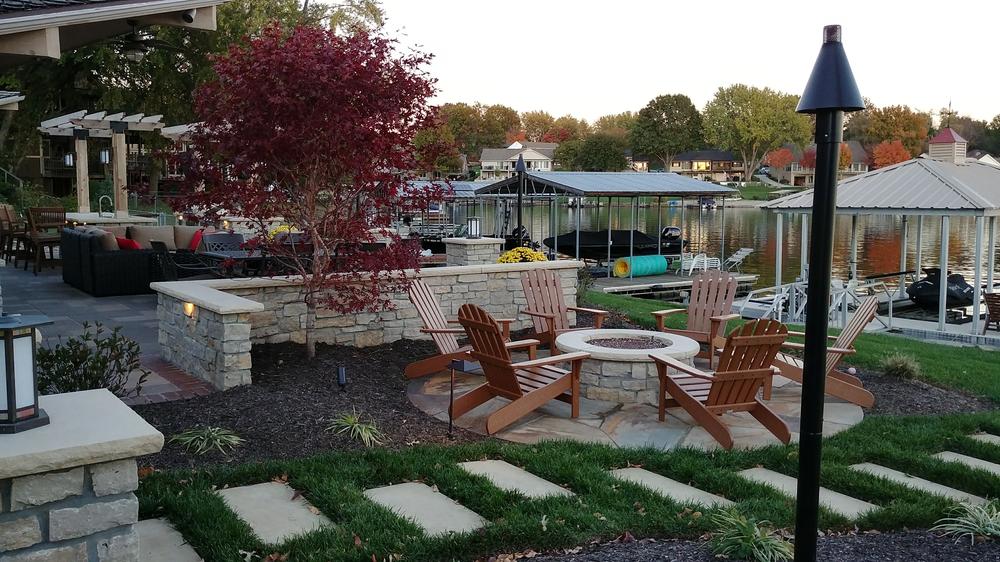
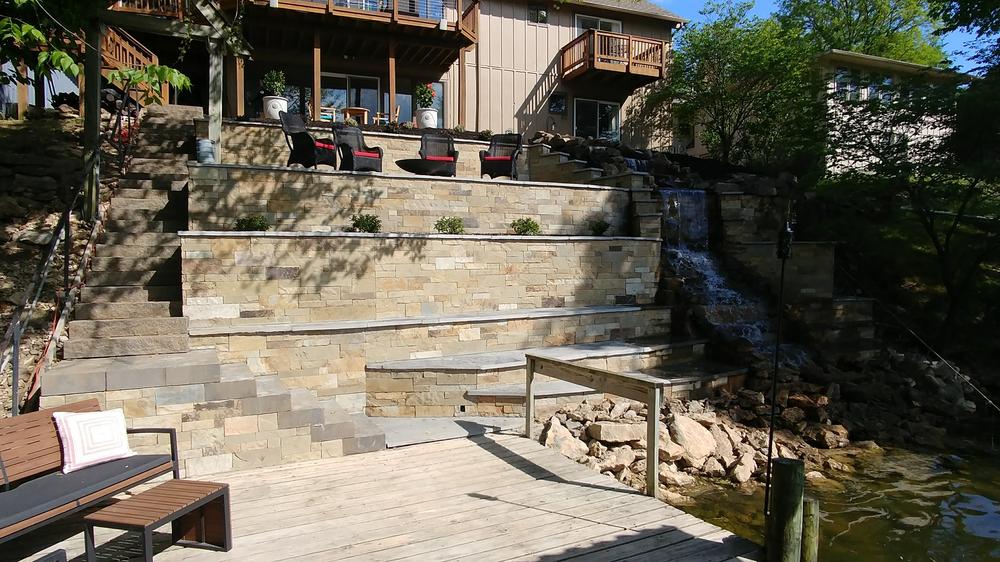
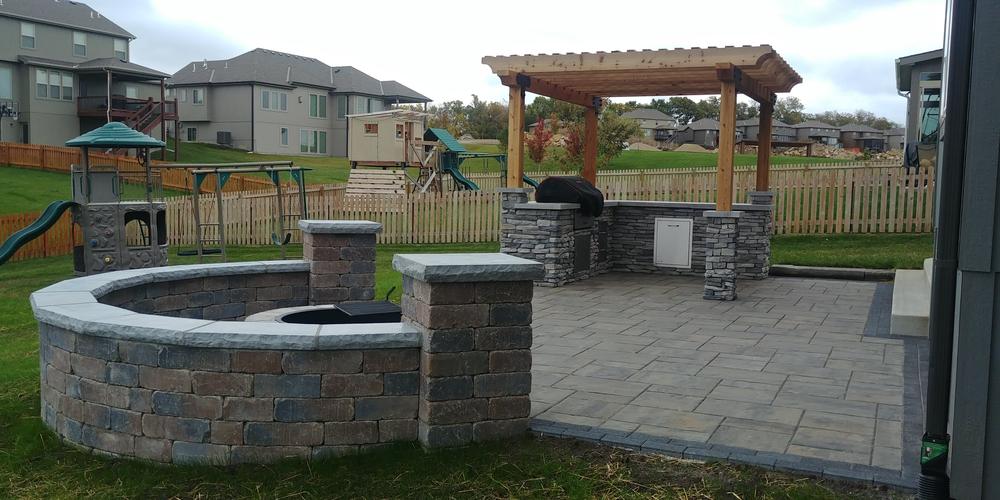
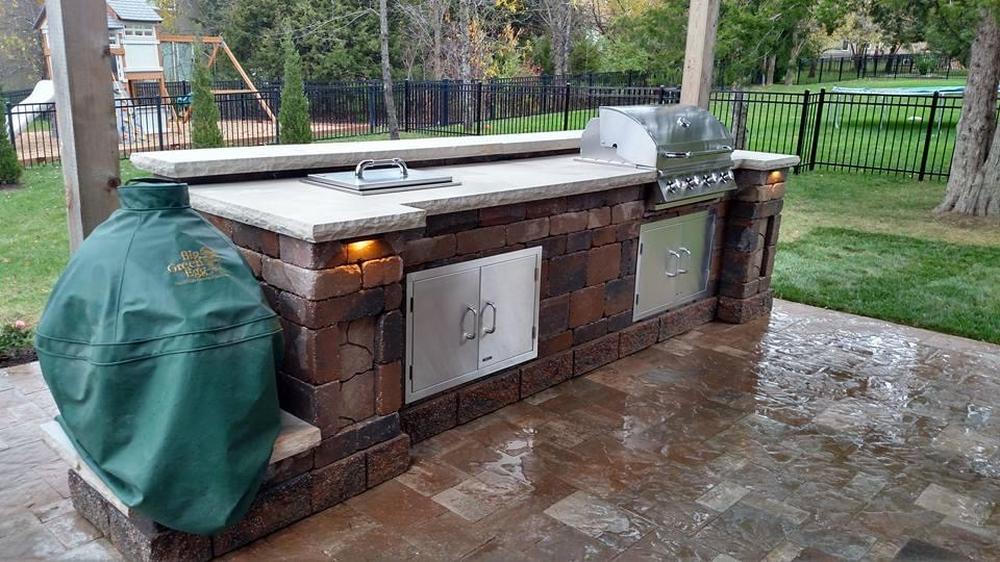

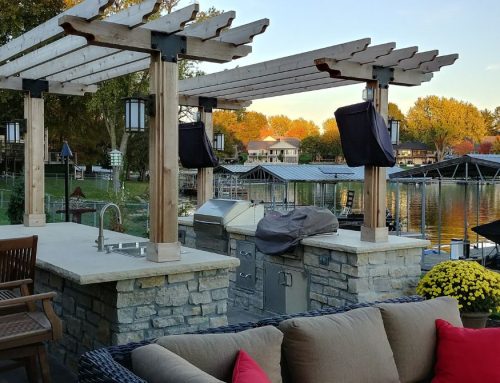


Leave A Comment
You must be logged in to post a comment.